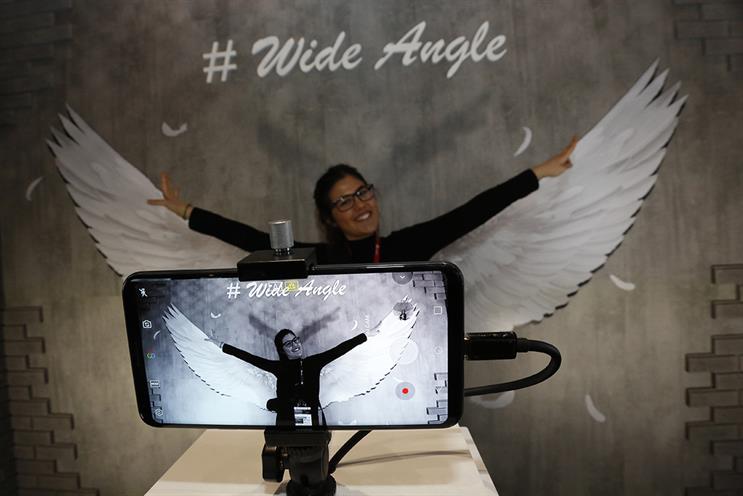As I walk the halls of Mobile World Congress in Barcelona and chat with colleagues and competitors, it’s apparent that video for mobile marketing is a popular theme on the floor.
The subversive filmmaker Samuel Fuller once said: "film is a battleground." He was talking about cinema, yet the sentiment could easily be amended in our mobile-first world to "video is a battleground." Today the war is raged across mobile websites, apps and social media channels, as brands, publishers and developers all vie for the same coveted prize - audience mindshare and engagement.
Like any good film, however, audiences are most intrigued by sincerity, artistry and quality storytelling. Even in a mobile environment, video is a powerful medium for reaching customers at every stage of the journey, provided it’s done in a focused, deliberate and relevant way.
A survey released during the show confirmed that for 85% of global mobile marketers, video is the priority investment over the course of the next 12 months. What’s more, three-quarters of marketers considered it very or critically important to their 2018 strategy.
To put it simply, video is the force du jour in 2018.
It’s clear brands recognize the power of video. We live in a world where our lifestyles are digitized and our attention spans are minimal. Fun fact: a human’s attention span is shorter than a goldfish. In seriousness, this becomes challenging for advertisers and requires brands to carefully consider their approach. Mobile marketers have made clear that video is imperative across every stage of the customer journey from user acquisition (71%), engagement (56%), segmentation (31%), reengagement ( 40%) through to awareness (65%).
There is a myriad of data to show the impressive shareability and click-through rates of video, however, what’s more important is to recognize the how and the why.
What types of video works best?
Video that knows its audience
Brands looking to capture the magic of video must first understand their audience. Video is compelling because it transcends traditional communication such as culture or context. What can be created and understood visually often surpasses the limitations of language differences or speech recognition. In this way, a video strategy must be different than a voice strategy or a marketing collateral strategy. Video offers a more subtle, yet creative approach for entertaining and informing the viewer.
Video that provokes feeling
Video has the ability to convey emotion, even in short bursts, creating a nearly instantaneous connection with the viewer. Brands need to recognize the emotive power video propels the user toward action - whether to like, share or make a purchase. It also is one of the easiest mediums to quickly explain a product, service or process to the customer. Like any great film, mobile video should have a clear beginning, middle and end, one that delivers a story arc that leaves the user satisfied and connected to the brand.
Video that builds trust
The visual medium of video is a powerful format for building trust. Used wisely, your audience will grow to associate your video content with the authenticity of your brand. Whatever the product or service you sell, you should be able to tell a great story. Be it funny, heartfelt, informative or inspiring, when the content is thoughtfully created trust and confidence are the natural byproducts.
It’s good to see this year’s MWC is actively championing mobile marketing – a topic that usually plays second fiddle at this show. Acknowledging that mobile has completely shifted the way in which companies approach their marketing strategies shows promise that the industry is set on delivering valuable rewards to those who invest their time and energy into telling visual stories across every part of their mobile customer experience.
Whether a filmmaker or a marketer, storytelling will always be one of the most powerful ways to convey a message. The visual medium of video offers a compelling and easily digestible way for audiences of all shapes and sizes to quickly connect to your message. Steven Spielberg said it best, "Audiences [are] easy to please if its a good story."
Moshe Vaknin is chief executive of YouAppi


